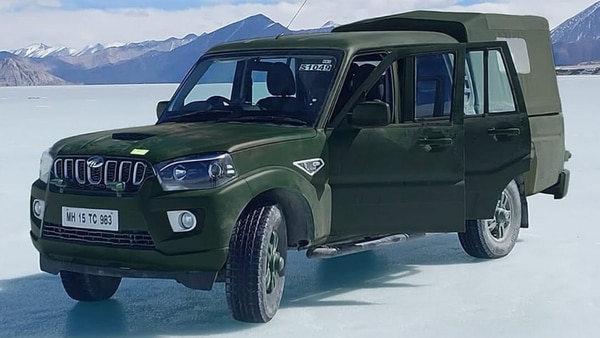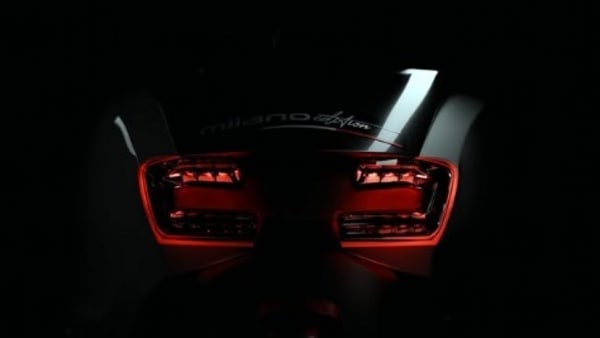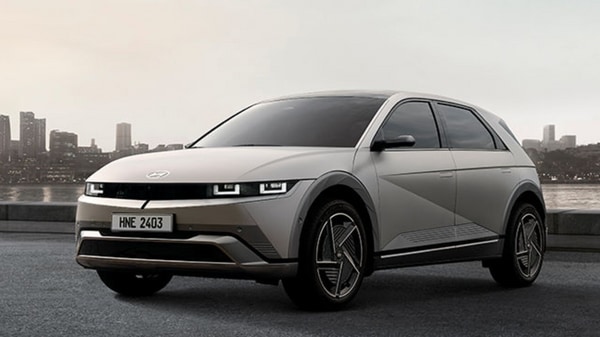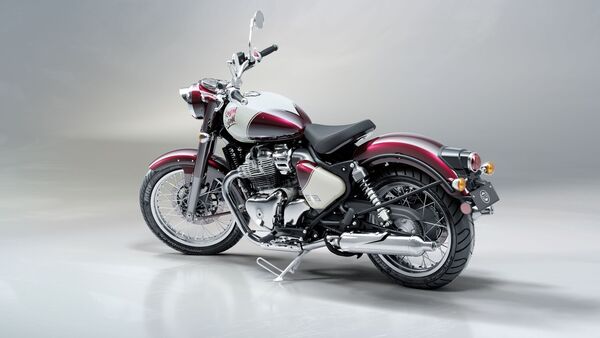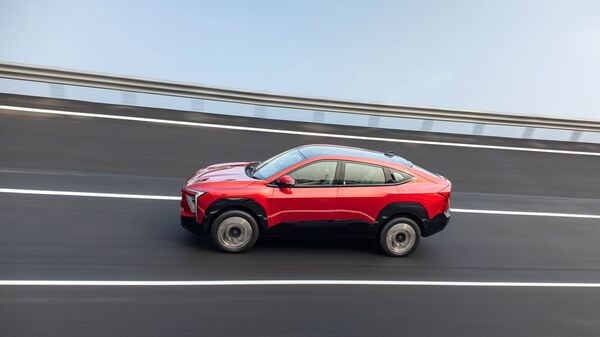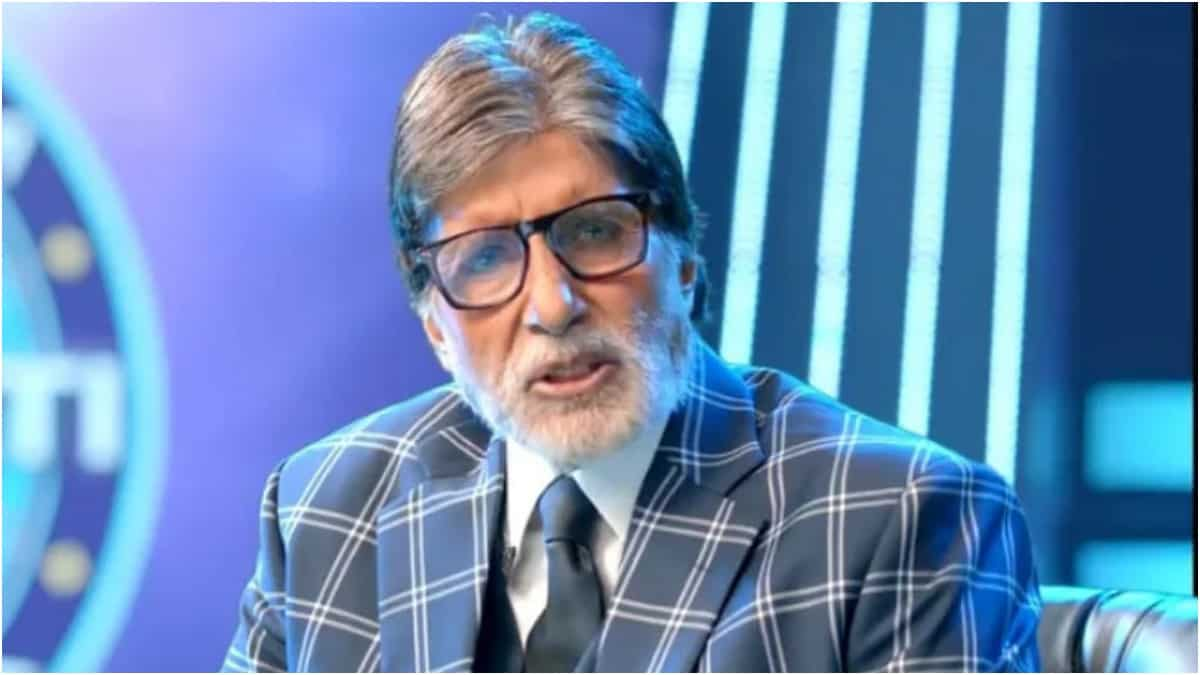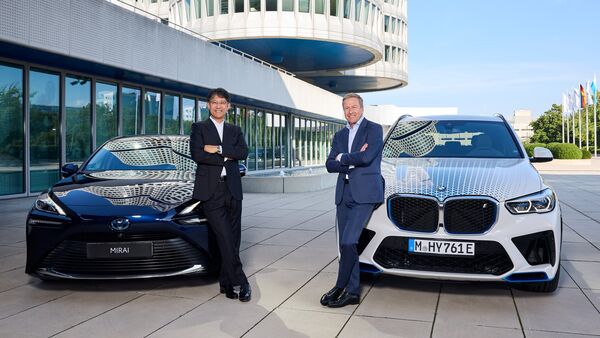
First BMW hydrogen-powered car to arrive in 2028, co-developed with Toyota
6 months ago | 70 Views
BMW and Toyota are now joining hands once again to co-develop vehicles of the future as the auto giants announced taking their collaboration to the “next level" to offer Fuel Cell Electric Vehicles (FCEV) or hydrogen-powered cars. Both the automakers previously joined for the Z4 and Supra performance offerings, and the latest collaboration will see the players learn and grow with each other. BMW has also announced that its first hydrogen car will arrive in 2028, co-developed with Toyota.
Toyota has had a head start when it comes to developing FCEVs and has even been selling the Mirai hydrogen car for about a decade. With its learnings over 10 years, the company help BMW accelerate its hydrogen vehicle development while sharing resources and R&D costs.
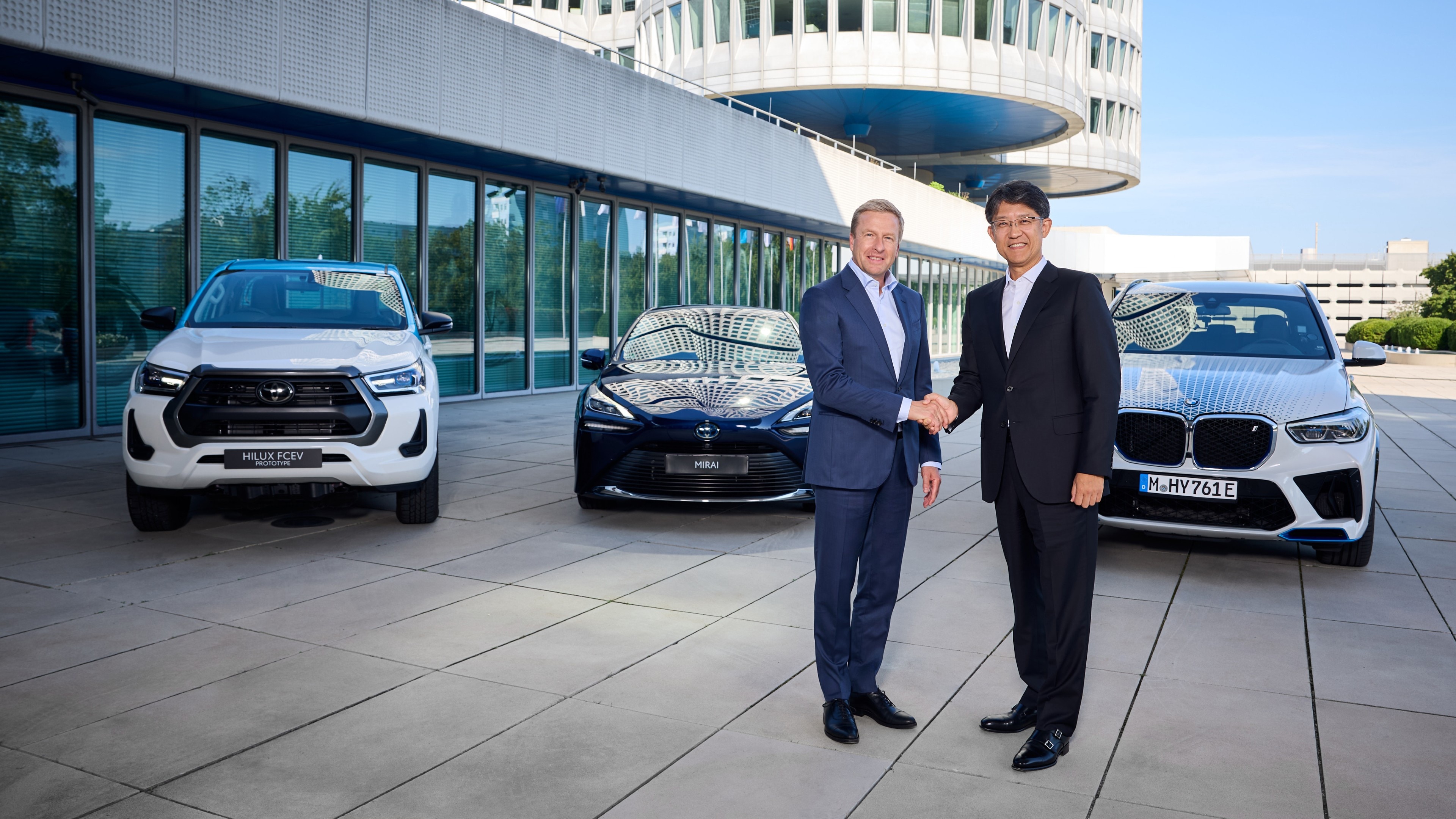
Next BMW iX5 Could Be Hydrogen-Powered
BMW has revealed that its future hydrogen offering will be developed based on existing vehicle architecture. BMW and Toyota will co-develop the next-generation powertrain system that will be usable for passenger and commercial vehicle applications. BMW has been testing the iX5 Hydrogen pilot fleet worldwide and one can expect the next-generation of the luxury SUV to get the FCEV option, in addition to internal combustion engines.
BMW also noted that its FCEV offering will stay true to the DNA of the brand and not become a rebranded Toyota. This begs us to think that a very different Toyota iteration is under development as well and is likely to roll out of the common assembly line, much like the Toyota Supra and BMW Z4. Notably, the fuel cells that go into the BMW iX5 FCEV are supplied by Toyota.
Missing piece for the E-Mobility puzzle
The move also comes as reliance on just EV tech and battery systems has not exactly picked up globally. BMW notes that “hydrogen is the missing piece for completing the electric mobility puzzle where battery-electric drive systems are not an optimal solution."
The new BMWs will be based on the Neue Klasse platform, which will be the automaker’s first dedicated EV architecture, which already incorporates hydrogen technology. That said, the existing CLAR platform could be optimised as well to accommodate the FCEV powertrain for the initial offerings.
Read Also: Want to buy an e-scooter this festive season? Five essential tips just for you
HOW DID YOU LIKE THIS ARTICLE? CHOOSE YOUR EMOTICON !


